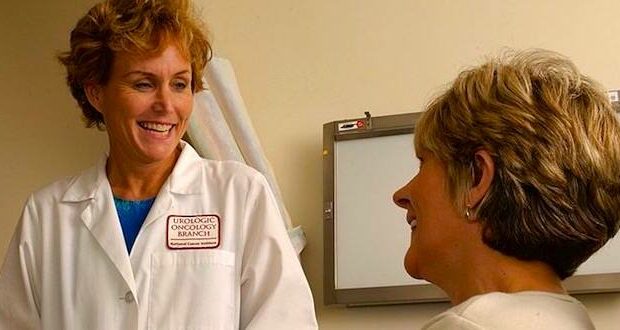New polling reveals that Christians would be more comfortable if their doctor was a believer and that faith contributes to overall physical and mental health.
Seven in 10 Christians say they would be more confident about their physician if they knew that he or she were a fellow believer. Among Protestants who know their doctor is a Christian, half say this fact influenced their decision to select that individual as their primary physician. Other polls have found similar results for Catholics.
These findings come from the most recent Infinity Concepts and Grey Matter Research report. Ninety-two percent report having a primary physician. Of those who do, 27 percent know their doctor is a fellow Christian believer, while 5 percent know their primary physician does not share their faith. This leaves 68 percent who have no idea about their doctor’s religious faith.
For Evangelicals, nearly half do not have a Christian as their primary physician or do not know about the faith of their doctor, but feel this would increase their confidence in their doctor if they did,” said Ron Sellers, founder and president of Grey Matter Research. “That’s about 28.7 million people — almost the population of Texas. For most of the people who have a Christian physician, this fact increases their confidence in their doctor. However, most do not know their physician’s faith, even though they would value this.”
The report highlights studies conducted by researchers from places such as the University of Chicago and Mayo Clinic that show the majority of U.S. physicians believe in God, attend religious services at least occasionally and believe it is appropriate to pray with patients under some conditions.
“What these findings represent is an additional way for Christian physicians to connect with many patients who would value knowing about their faith, and for whom this would provide greater confidence in that physician,” said Mark Dreistadt, CEO and president of Infinity Concepts. “Many studies have shown trust in physicians is a key element in successful medical care, many medical practitioners are open to this topic of faith, and a majority of doctors and patients hold personal religious faith. It seems wise for both parties to consider how they might help bridge this gap in doctor/patient relationships.”
Almost 100 percent believe faith improves mental health
In addition to their views on doctors, nearly all Christians (99 percent) believe praying, reading the Bible and having a strong Christian faith contribute to positive mental health. Ninety-six percent believe a strong Christian faith contributes to positive physical health, and the same proportion say this about reading the Bible. For prayer, 98 percent affirm this belief.
Previous studies have shown that although evangelicals agree on the basic beliefs that identify them as evangelicals, they are not of one mind on topics such as giving, spiritual activities, what they want in a church, views on Israel or even what they call themselves. The high level of agreement is what makes evangelicals’ views on faith and wellness so unusual.
“For evangelicals, it appears spiritual wellness is inextricably intertwined with both physical and mental wellness,” said Dreistadt. “When we explore things such as whether they believe people can be healed through prayer or whether activities such as prayer and Bible reading have a positive impact on both mental and physical health, they almost universally agree. That’s something we rarely see.”
For some, there is a disconnect between faith and practice.
Six out of ten “who are confident a strong Christian faith can benefit them mentally and physically only have moderate or low engagement in spiritual practices,” said Sellers.
What about the impact of praying for another person? “Ninety-nine percent of evangelical Protestants believe praying for someone who is in poor health can help improve that person’s physical health,” Sellers said. “That includes 86 percent who believe this strongly.”
“The study shows a strong correlation between the religious beliefs of evangelical Protestants and their perceptions of how prayer, reading the Bible and having a strong Christian faith positively contribute to their physical and mental health,” Dreistadt said.
–Dwight Widaman | Metro Voice
 Metro Voice News Celebrating Faith, Family & Community
Metro Voice News Celebrating Faith, Family & Community










